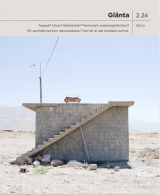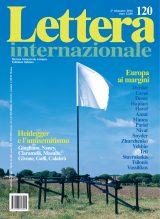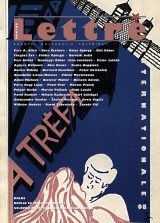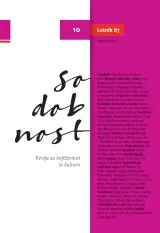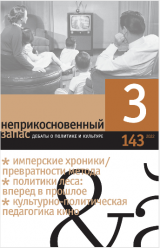Aleš Debeljak
was head of the Centre for Cultural and Religious Studies, University of Ljubljana. His publications include: Dictionary of Silence, The City and the Child, Reluctant modernity : the institution of art and its historical forms, Anxious Moments, Twilight of Idols: The Tragedy of Yugoslavia and Individualism and Literary Metaphors of the Nation.
Articles
In praise of hybridity
Globalization and the modern western paradigm
The division of the world into “the West and the rest” is a misrepresentation, writes Ales Debeljak. Cultural globalization is not the transplantation of western ideas and technologies across the planet, but the adaptation of these according to local requirements. Hybridity, the product of a longue durée, is at the heart of the contemporary western paradigm.
Elusive Common Dreams
The perils and hopes of a European identity
Western Europe lives like an isolated family without any feelings for the post-communist states on the same continent, says the Slovene poet and essayist Ales Debeljak. He tries to formulate a defence for a broader conception of Europe and seeks a European “master narrative” that makes the creation of a real European identity possible.

